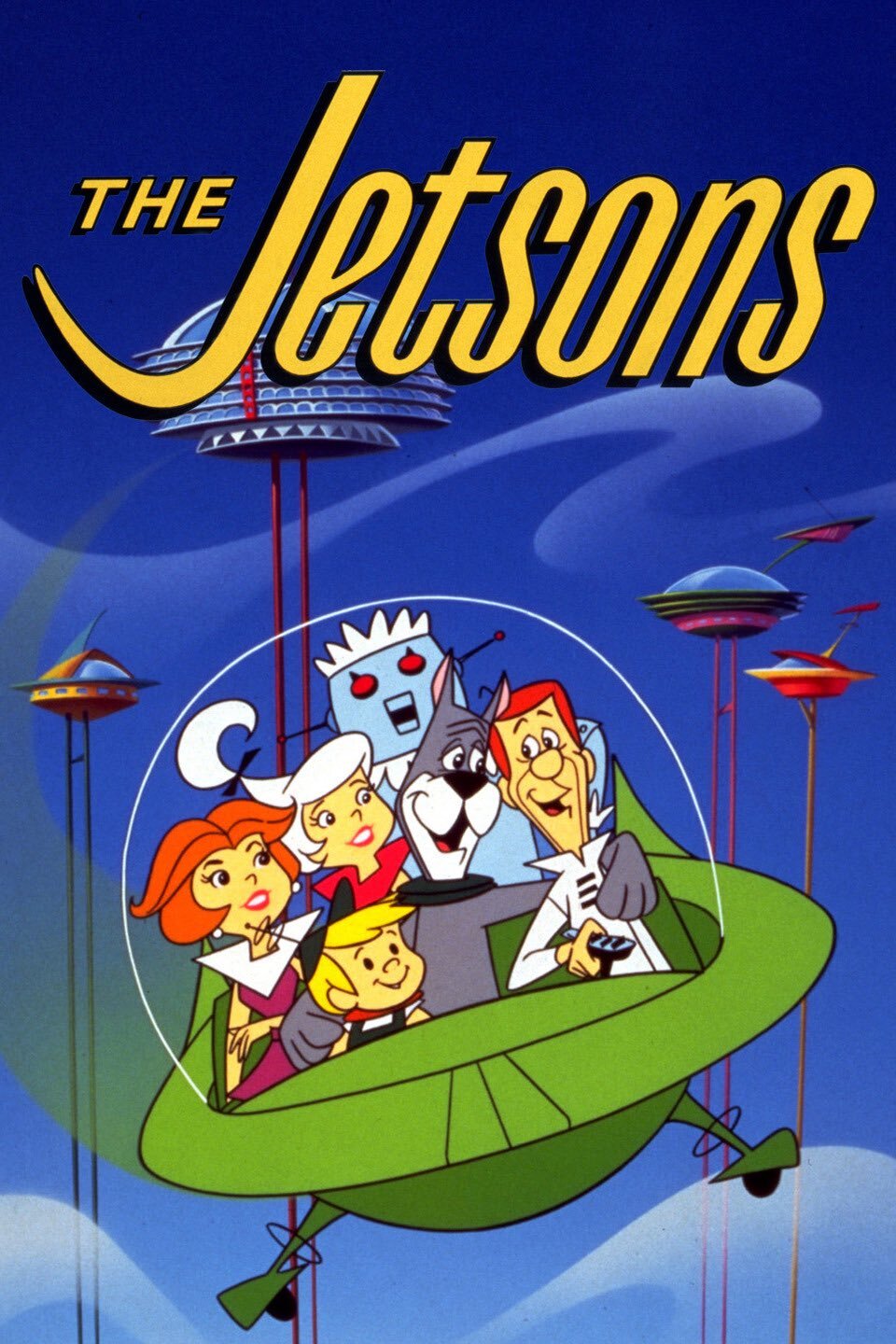Feb 10, 2020
Cities of the Future and Generational Differences
When I was a child, I used to dream about the “city of the future”. My visions were very much informed by The Jetsons, that popular television show many of us grew up watching. As a GenX’r, my image of the city of the future was very much consumer-centric, imagining all of the cool devices that we would have to make our lives easier. We imagined improved transportation through flying automobiles and jetpacks, Our offices in the sky were filled with communication devices that made our job easier. Our homes were complete with robot maids and instant gourmet foods through vending machine-like delivery.
In a Jetsons view of the future, all innovation was focused on making things easier for the user. I repeat: the user.
Ask a millennial or a GenZ’r to envision the city of the future today and I will bet you will get a stark difference in response. Using our own research as a platform, as we have asked this question before, we might likely get some views from our respondents that there might not be much of a healthy future. I also believe that their vision of the future would be focused on innovations that would benefit the planet. I imagine their lens would be sustainability first, maybe at all costs, rather than making things easier for us. In fact, I also think that their lens would assume that, in order to become more sustainable, somethings might actually be harder for us.
In a next generation view of the future, all innovations will be focused on making things better for the planet. I repeat: the planet.
It is a stark contrast from one generation to another. Is it too broad to assume that Boomers and GenX’rs have been marked by an era where innovation was about making things easier, while consuming all lot of stuff along the way? And, might it be safe to assume that a millennial or GenZ mindset will be marked by a mindset of stewardship and sustainability? I think this is a profound lens by which to demarcate generations.
The Jetsons got a lot of things right. We have a lot of artificial intelligence and augmented reality blended into our daily lives. We have ubiquitous access to information real time. We have a lot of innovations that did make our lives easier, but they have come at many costs, of which we are only naming sustainability as one. But, I think this generational shift represents a stark reality between how young people today define innovation vs their older counterparts. I have often said that we are living in one of the widest generation gaps in American history. I think this serves as one example of this widening gap.
As for me, I am still waiting. They promised us jetpacks by now.

